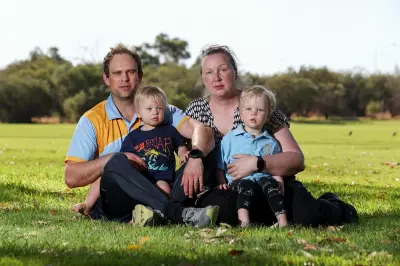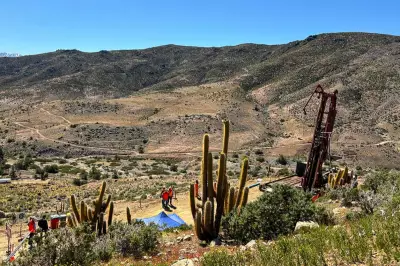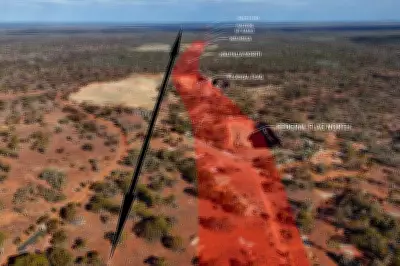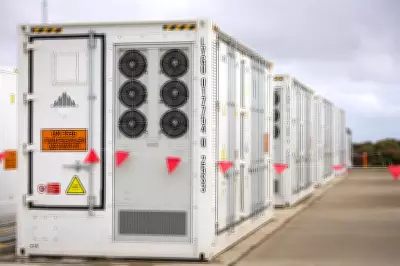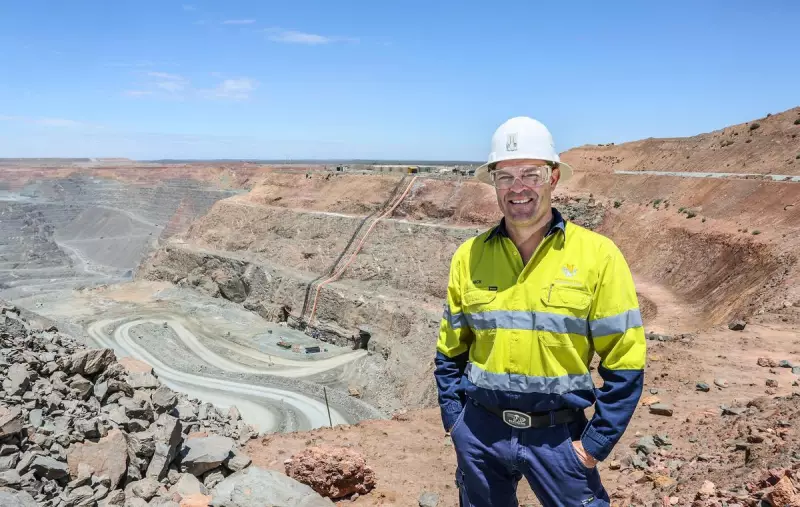
Gold Boom Meets Housing Bust in Historic Mining Town
The heart of Western Australia's goldfields is facing an unprecedented crisis as six-figure mining jobs go unfilled despite offering life-changing salaries to anyone with a driver's licence and clean drug test. Northern Star Resources, the ASX-listed operator of Kalgoorlie's famous Super Pit and the region's biggest employer, has been struggling to fill approximately 100 positions for the past three years due to a critical housing shortage.
According to Nick Strong, Northern Star's head of growth, the situation has reached breaking point. "Kalgoorlie is full. Kalgoorlie is absolutely busting at the seams so we can't get enough employees," he revealed during a Chamber of Minerals and Energy tour this week.
No Room at the Inn: The Accommodation Crunch
The company's lucrative offer - $120,000 annual salary for just five months work with full training provided - is proving insufficient to overcome the accommodation barrier. Managers offered positions worth hundreds of thousands of dollars have been forced to cancel at the last minute because they simply cannot find anywhere to live in the mining town.
Kathryn State, department manager with First National Real Estate in Kalgoorlie, confirms the severity of the rental crisis. "There is a shortage of rental accommodation here, particularly good quality rental accommodation," she stated, noting she receives daily inquiries from families wanting to relocate for work opportunities.
The rental market has undergone dramatic transformation, with a two-bedroom unit that rented for $300 per week five years ago now commanding $600 or more. The appeal to east coast investors seeking high rental yields from relatively low purchase prices is further squeezing the already tight housing stock.
Controversial Solutions and Community Impact
Northern Star, which prides itself on preferring residential workers over fly-in, fly-out arrangements, has been forced to change strategy. A range of capital projects including a major mill expansion, $155 million in renewables projects, shutdown works and up to $220 million for a new tailings dam have compelled the company to build temporary accommodation camps within the town.
Mr Strong acknowledges these solutions are "controversial" in a small residential community like Kalgoorlie. The company has plans for a 300-person camp at the Super Pit site costing up to $35 million, and received approval in July for an 800-bed facility on the town's outskirts.
These developments haven't come without significant local opposition. The recent public consultation period saw 144 submissions opposing the development and only four in support, highlighting the tension between economic opportunity and community preservation.
The housing crisis is creating ripple effects across other essential services in Kalgoorlie. The mining company's high wages are drawing workers from other industries, particularly childcare, where employees earning $65,000 can double their salary overnight by switching to mining.
"A childcare worker earning $65,000 looks over the fence and goes 'hang on, I can double my wages tomorrow' and so they come work from us, and then we don't have childcare to look after the kids of the people we're working for us," Mr Strong explained.
To address this secondary crisis, Northern Star is now topping up wages for YMCA Goldfields childcare workers and providing housing subsidies. "We can't just sit here and pretend that there's no problems out there and we'll just run our operation and make lots of money. We have to look after the community," Mr Strong emphasised.
The worker shortage comes as Northern Star enjoys record financial performance, with gold prices exceeding $US4000 per ounce helping to more than double profits to $1.4 billion from $638.5 million in the past financial year.
The situation presents a complex challenge for Western Australia's historic gold mining heartland, where economic prosperity is being hampered by basic infrastructure limitations, creating a paradox of poverty amid plenty in one of Australia's most resource-rich regions.


